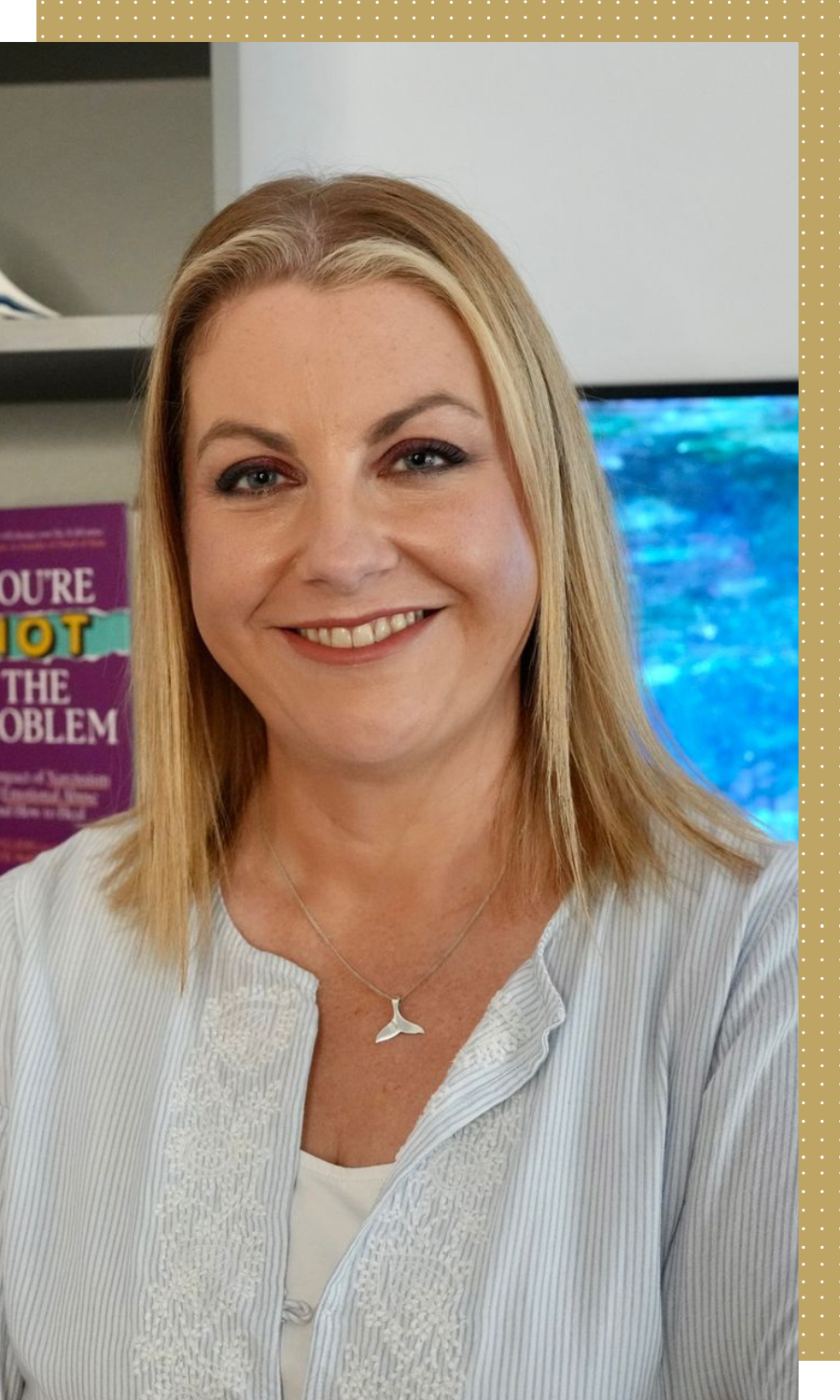Certificate in Neurodiversity Awareness for Therapeutic Practitioners
Rethink the room, not the client

recognised professional development you can trust


Certificate in Neurodiversity Awareness for Therapeutic Practitioners
Module 1: Understanding Neurodiversity
Introduces the concept of neurodiversity through the lens of social and medical models. Explores how language shapes safety, the importance of identity-affirming terminology, and the benefits and limitations of self-diagnosis. Sets a clear ethical foundation for inclusive practice from the very first point of contact.
Module 2: ADHD in the Therapy Room
Covers ADHD presentations across the lifespan, with a focus on how traits like emotional impermanence and time-blindness impact therapeutic work. Offers practical, low-cost strategies including visible agendas, movement-friendly spaces and reminder systems to support executive functioning.
Module 3: Autism Spectrum Profiles
Explores the sensory, social and communication differences that characterise autism, including literal language, masking and selective mutism. Highlights how to create calm, structured environments where autistic clients can engage authentically and without pressure to perform.
Module 4: Developmental Coordination Disorder (Dyspraxia)
Unpacks the motor-planning and organisational difficulties linked to DCD, alongside their emotional and social impact. Suggests physical and environmental adaptations that reduce fatigue, support dignity, and improve client confidence in therapeutic settings.
Module 5: Dyslexia and Dysgraphia
Focuses on language-based processing differences, examining how reading and writing fatigue, shame and avoidance show up in therapy. Provides practical alternatives to written tasks and introduces assistive technology that supports access without stigma.
Module 6: Dyscalculia and Numerical Processing Differences
Explains how number sense, time perception and money anxiety affect clients' confidence and daily functioning. Shares concrete, strength-based tools such as visual anchors, budget apps and verbal alternatives to numerical ratings.
Module 7: Co-occurring Profiles, Tourette Syndrome and Sensory Differences
Looks at how overlapping traits interact in real-world presentations. Offers clear guidance on responding to tics without discomfort and explores how to assess and adapt for sensory needs across all neurodivergent profiles.
Module 8: Integrating Awareness into Everyday Practice
Brings everything together by showing how to embed inclusive awareness throughout the therapeutic journey. Covers enquiry, assessment, session structure, endings, interdisciplinary collaboration and sustainable CPD. Emphasises flexibility, curiosity and practical action.
Liberation Academy holds the core value that recovery begins with safety, and safety begins with being believed.
enroll now
who is this course for?
Therapists, counsellors, coaches and wellbeing practitioners who work with neurodivergent clients.
Professionals seeking a deeper understanding of how ADHD, autism and other profiles appear in clinical practice.
Practitioners who want to feel more confident responding to clients who are exploring self-diagnosis or formal assessment.
Anyone who values identity-affirming, inclusive support and is looking for practical tools they can apply straight away.
Is this Certificate accredited?
Yes. Liberation Academy is an approved, accredited provider of CPD and meets the requirements of both The CPD Group and The CPD Standards Board. You will receive a certificate on successful completion.
When can I access the Certificate?
Immediately. As soon as you purchase, you’ll have access to your personal dashboard where you can start straight away. If you take advantage of our discounted bundle, all of your courses will be available straight away.
What is included in the Certificate?
You will receive access to five courses, each with structured lessons, videos, assessments, and reflective prompts. The final course includes a case-based integration to consolidate your learning.
Will I be assessed?
Yes. Each course includes short assessments, such as multiple choice quizzes, reflective writing, and a final case application. These are designed to support integration of your learning, not to test for perfection.
How do I verify my CPD hours?
Upon completion of the Certificate, you’ll receive a downloadable PDF certificate. Your unique learner ID can also be found in our database for independent verification. Many learners share this information with employers and clients to evidence their professional development.
Does this course qualify me to diagnose clients?
No. It is not a diagnostic training. It is designed to support inclusive practice and deepen your understanding of neurodiversity.
Can I apply this learning outside of therapy?
Yes. While the course is aimed at therapeutic professionals, it is also relevant to coaches, educators and support staff.


Get in Touch.




